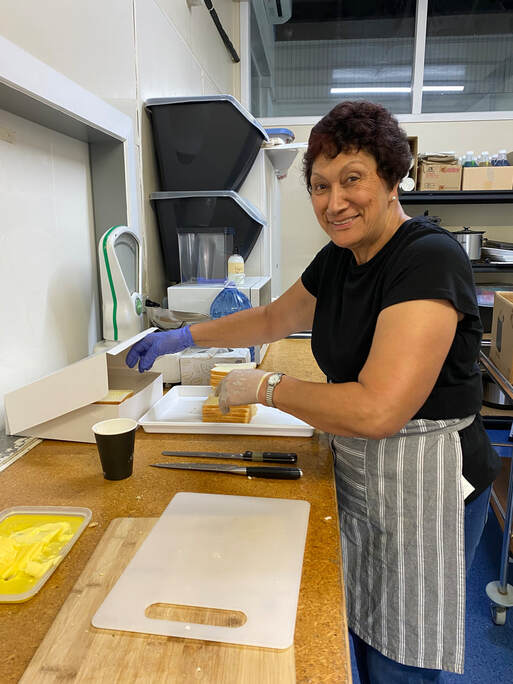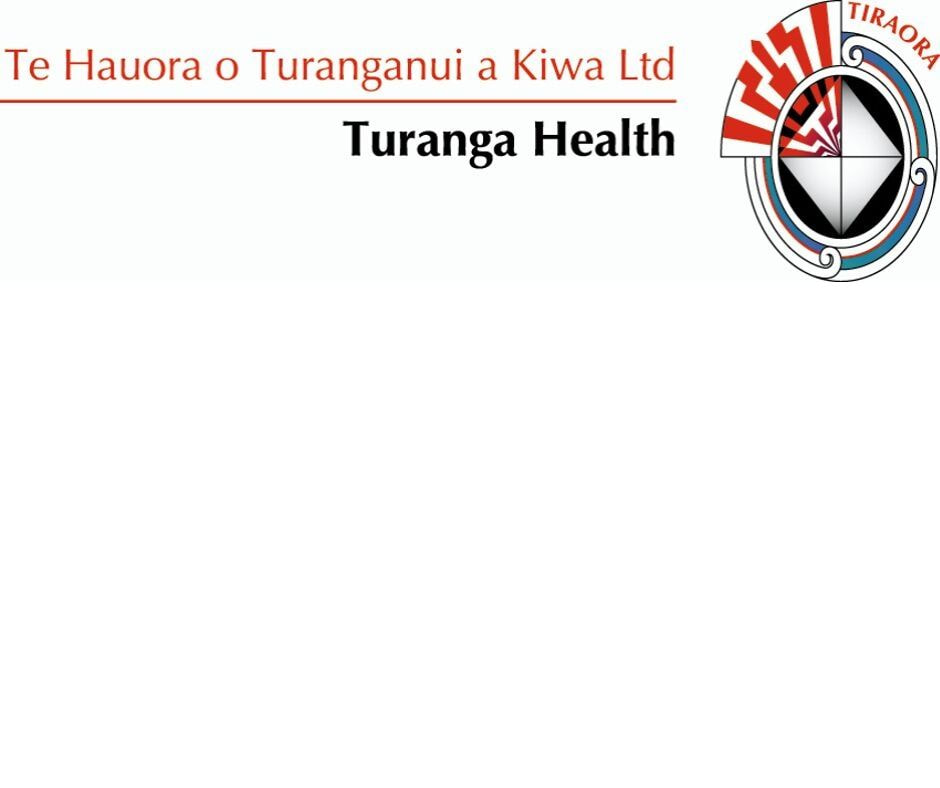 Turanga Health chief executive Reweti Ropiha steps away from a morning hui. Sunshine streams in through Turanga Health’s Derby St front office windows as he reflects on the iwi health organisation’s response to Cyclone Gabrielle. “This place, this region, is still the number one paradise,” he says. It’s Wednesday 1 March and today things do seem blissful. But it wasn’t like that three weeks ago when Reweti and Turanga Health were preparing for Cyclone Gabrielle. “We were tracking the cyclone on that Sunday and we could see the intensity. It was going to be big.” Staff refilled Turanga Health’s vehicles and fuel containers and checked their portable generators and chillers. Logistics staff contacted the company’s suppliers to shore up medication, fuel, and practical items that might be needed in coming days. And the finance team paid staff a day early – just in case systems went out. On Monday 13 February the cyclone arrived in full force and left the district reeling. Houses were damaged and areas were left covered in silt. Power went out and communications crashed. A local state of emergency was declared at 9.45am. This was superseded by a national state of emergency at 8.45am on Tuesday 14 February and extended on Monday 27 February for an additional seven days. “There must have been a thousand emergency plans written in this country but I’ve never seen one where we had to deal with all the issues we faced,” says Reweti. On Tuesday, Turanga Health staff that could get to work, congregated in the Derby St office. Reweti says the iwi health organisation had a “keep it connected and keep it real” approach. Whānau with disabilities, hapū māmā, and whānau living with a mental health illness or chronic disease were prioritised. “We had a list of those people and where they lived.” Armed with kai prepared by staff in the catering kitchen next door, kaiāwhina and nurses began visiting each person. It was “good old fashioned door knocking,” and between Tuesday and Friday staff checked in on over 1000 individuals. If road access allowed, staff visited families in rural communities including Manutuke, Muriwai, and parts of Patutahi. It wasn’t until Wednesday the full scale of what had happened to Te Karaka whānau trickled through. That was a shock, says Reweti. Turanga Health runs the general practice in the small settlement town. “It was important to us to open it up.” By Wedneday afternoon practice staff were seeing anyone who needed medical help or their prescription filled. It was also a place to gather. “Our priority was to make it a place of solace. Whether it be to see a doctor, have a coffee, or a shower, we were open to walk-ins.” Meanwhile, whānau flooded out of their homes had been evacuated to Te Karaka Area School, and Turanga Health contributed to the support efforts there with food, hygiene packs, vehicles, chillers, and staff. Back in town, Turanga Health’s Elgin hub on the corner of Childers Rd and Titoki St also became a place of solace and doubled as a temporary medical centre. Medical staff were flown in and provided 204 Pasifika recognised seasonal employees with a wellness check. Turanga Health’s agility when responding to the crisis developed out of its Covid-19 community response. Since 2020 its created hundreds of small and large-scale drive-through clinics so people can be vaccinated, tested, or pick up testing kits. In this way, Turanga Health staff have supported tens of thousands of people. Now, in the aftermath of Cyclone Gabrielle, the team turned its process upside down reverting to face-to-face communication, services, and support. For the 10 days after the cyclone staff gathered each morning for a briefing. In late afternoon they met again to share intelligence, progress, and evaluations. With power and communications sometimes out three office whiteboards were the one source of truth. Turanga Health was involved in other areas. It worked with Te Whatu Ora Tairāwhiti to source Starlink kits. It facilitated a temporary mobile eftpos service for whānau in Te Karaka, Mangatu, Muriwai, Patutahi, Waihirere, and Elgin. Turanga Health staff also helped source gumboots, worksocks, underwear and hygiene products. “Whānau needed practical stuff.” Now, in early March, while still supporting flood-affected whānau, Turanga Health is ramping up business as usual. Staff will begin influenza and measles vaccination clinics as well as the next round of Covid-19 boosters. Kaimahi energy levels are high. Turanga Health staff learned during Covid-19 to pace themselves. “On Tuesday, right after the floods, I told staff ‘we need to manage ourselves for a long game. We’re no good to anyone if we fall over’.” Reweti, who this year was recognised in the 2023 New Year’s Honours list, is proud of the staff. “Schools were closed and their children were at home. Given the devastation and everything in front of them they consistently turned up. Because of their deep understanding of their communities and the people they serve, our kaimahi are an invaluable resource during times of crisis. I couldn’t ask more of them.” As Reweti steps outside the office into the sun he says the community’s reslience also inspires him. “People may be struggling to comprehend what has happened but they were all there for each other.”
75 Comments
|
Media Releases
Email us if you want to receive our media releases. Archives
February 2024
|


